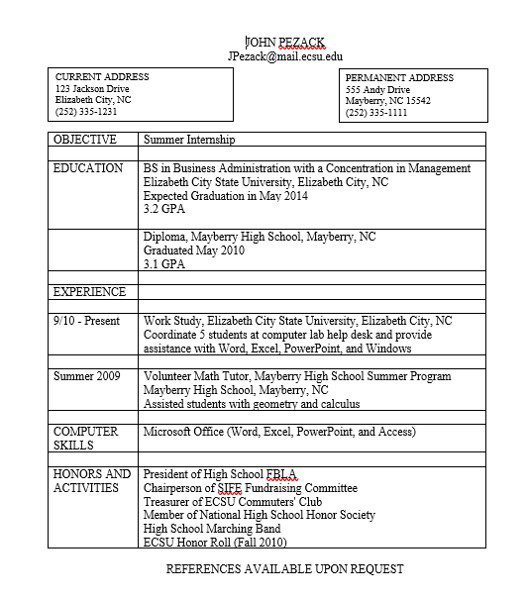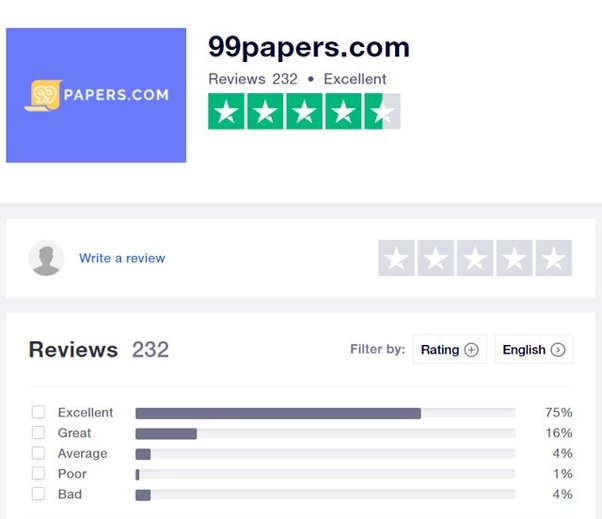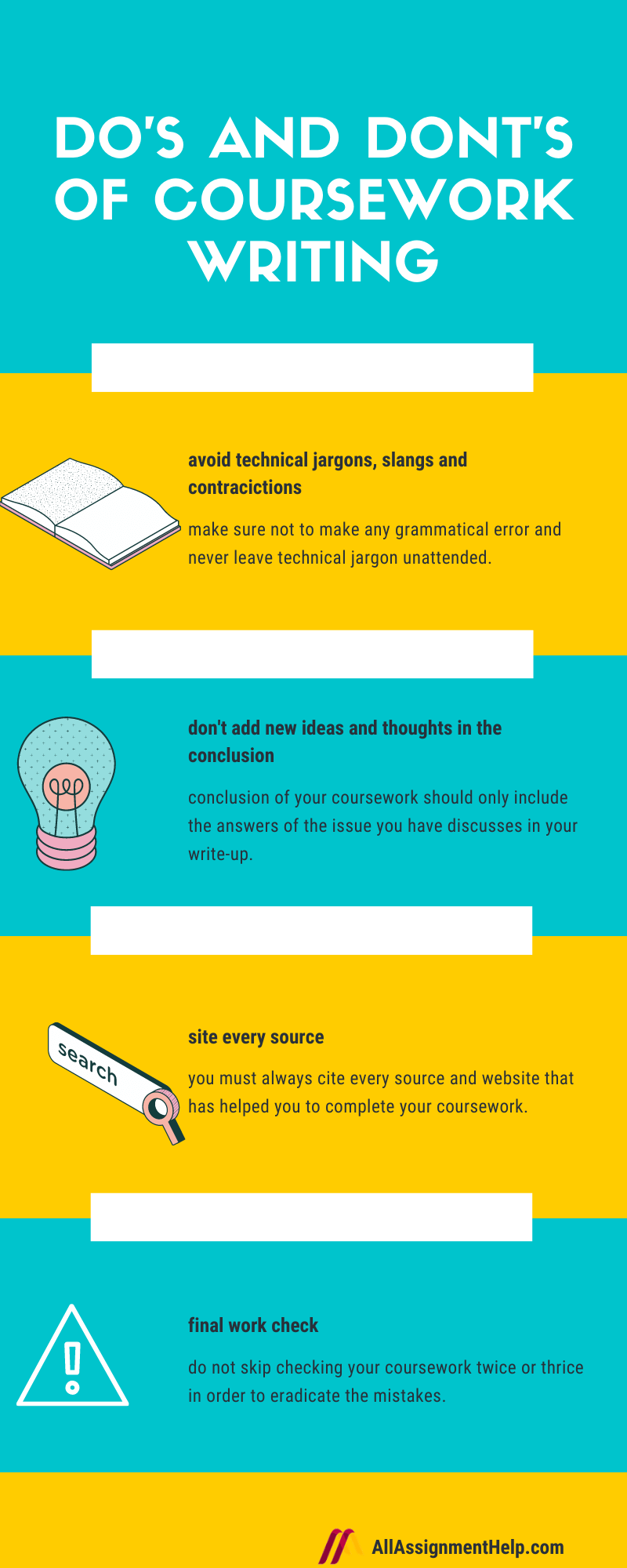How to Write Coursework in Resume

If you have taken coursework that is relevant to your industry, you can include it on your resume. Although it may not be particularly relevant to the kind of job you are applying for, it can help you catch the eye of hiring managers. If you have taken courses that aren’t relevant to the job you are applying for, consider omitting them from your resume. It is better to include only relevant coursework rather than all your classes, however.
Relevant coursework on a resume helps grab the attention of hiring managers
There are a few ways to list relevant coursework on your resume. It is important to think about how relevant your coursework is to the position you are applying for. If you are a recent graduate, you may want to devote more time to this section of your resume, as you will likely have little work experience. For other candidates, adding a relevant piece of coursework will make a big difference.
While there is no hard and fast rule, you should generally keep the number of classes to three or four. For entry-level jobs, you may want to include no more than four, though you should consider formatting advice if you have more than that. Additionally, keep your resume to one or two pages. You may also want to use visual dividers to separate your coursework. For example, if you have taken a class on financial accounting, choose “Advanced Financial Accounting” instead of “Accounting 101.”
Relevant coursework may not be useful on a resume
Relevant coursework may not be very useful on a resume, but in certain cases, it can help showcase your expertise without the benefit of professional experience. For example, if you are applying for a position that requires strong computer skills and experience with SEO, you may include relevant coursework in your entry-level resume. When using relevant coursework, list your achievements and skills in bullet point format. However, you should tailor your coursework to the position that you’re applying for, as otherwise, it’s not going to earn you any points.
Relevant coursework is not necessary for every job, particularly if you’re looking to work as a cashier or construction worker. However, if you’re looking to switch careers and want to highlight your relevant coursework, you should list it below your other educational qualifications. This approach is simple and straightforward, and is often used by students who are still studying, as it gives more room to highlight your achievements.
For example, if you’re applying for a position in the design industry, your degree might not be a very good choice. For example, you may have taken a graphic design class in high school, but this course won’t be of any use on your resume. Instead of listing your courses as a list, you should list them using bullet points instead of comma-separated lists. This way, readers can focus on fewer, but more impactful, courses.
While some people advise against including relevant coursework, it is actually quite helpful. While your coursework may not be highly relevant to your job objective, it will give your potential employer an idea of your interest in the field and your exposure to it. In addition, it is best to focus on the professional work experience and achievements on your resume, instead of on relevant coursework. This way, you can highlight your skills and experience more effectively.
For courses that are not directly relevant to the job you’re applying for, consider using a bulleted list format. Make sure you include as much quantifiable information as possible – such as the number of hours you spent in field work, interviews with professionals, and a 20-minute PowerPoint presentation in front of 32 classmates. While this format is more formal than a simple list, it is still a useful way to demonstrate your expertise in any field.
In the meantime, relevant coursework should be listed on the resume in an effort to highlight your academic achievements. It is better to include the details of courses that will be relevant for a job if they are related to your career objective. While it’s not required for an entry-level resume, it can be a valuable asset. This is especially true for recent graduates. The relevant coursework will also highlight your knowledge of a specific area.
Formatting relevant coursework on a resume
There are two ways to format relevant coursework on a resume: you can include a section that describes the courses you’ve taken or you can exclude it altogether. Depending on your experience, relevant coursework should be listed below the education section and work experience section. You can also include a single column or multiple columns depending on the type of job you’re applying for. If you have recently graduated or are still a student, including relevant coursework is a great way to showcase your expertise in a particular field.
When formatting relevant coursework on a resume, make sure that it matches the job description. A single-column format highlights the relevant courses in a concise manner. For more detailed courses, use a multi-column format. This format is appropriate for student workers or freshers. When including relevant coursework, make sure that the information is as detailed as possible, because this will showcase the skill sets that you’ve learned. You can also quantify your coursework experience with numbers, percentages, or other relevant information.
If you’re a high school student, it’s a good idea to add any courses you’ve taken in college that you feel would be relevant to the type of job you’re applying for. But don’t include coursework that’s too old – college curriculum has changed. Also, don’t include coursework that has nothing to do with the job you’re applying for. This is especially true if it’s irrelevant to the position you’re applying for.
When listing coursework, don’t worry about the number of subjects you studied – it’s more important to include details about your coursework. List quantifiable information, such as 40+ hours of field work, interviews with industry professionals, and a 20-minute PowerPoint presentation in front of 32 classmates. Having relevant coursework on a resume is an excellent way to show off your expertise in any field and can improve a resume that lacks substance.
The most common format for listing coursework is the simple one. It includes the course title, but it goes into detail about the skills you learned in each course. This format looks more like a work experience section than a curriculum vitae. For example, if the job description emphasizes Google Analytics, highlight your coursework in that field. Similarly, if you have other educational details, make sure they are well-documented.
Adding relevant coursework can also help you stand out from the crowd. The Zipjob team has extensive experience in advising students on how to structure their resumes. Career experts and former hiring managers are available on the Zipjob team to help you out. Their recommendations include choosing the most relevant courses, such as “Accounting 101” and “Advanced Financial Accounting,” to give your resume the best chance of being noticed. In addition, students should highlight their academic achievements, especially if they are relevant to the positions that they’re applying for.




Leave a Reply